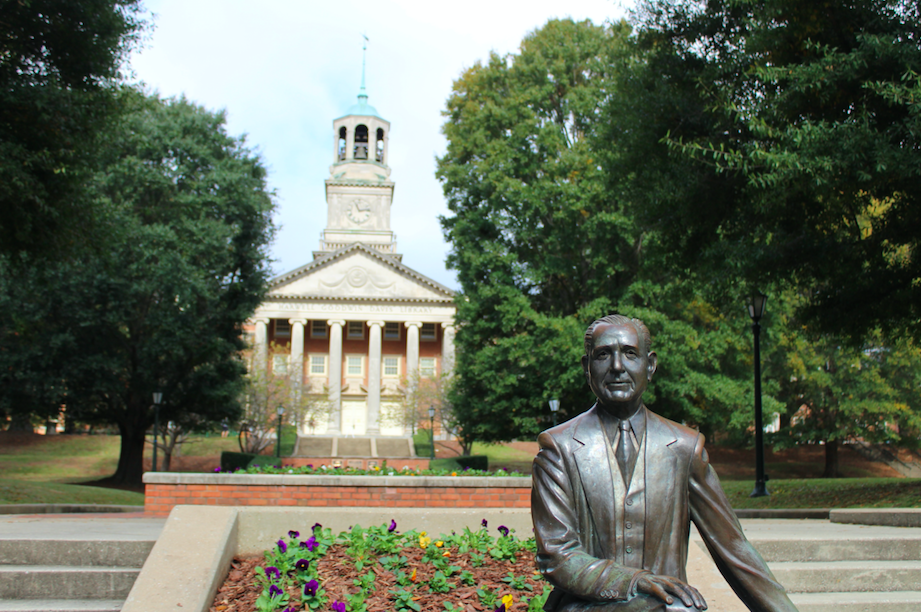In journalism, there’s something we call the 5 W’s. Who, what, when, why and where — these five questions help us shape our stories. Or at least, they’re supposed to.
But sometimes journalists forget the importance of the “where.” While it’s common for us to hear columnists and sports commentators call for greater racial diversity, cultural appreciation, or equal pay for men and women, there’s another form of discrimination that we often overlook — regional discrimination.
Places like Boston, San Diego, and Chicago — in other words, the North — are often covered with more warmth, while places like Birmingham are covered with derision. Freshman Sophie Sprinkle, who grew up in Boston, said, “Basically everything in the news is bad . . . it’s either talking about racial conflict or poverty or bad education systems. Especially as far as the state of Alabama, that’s all the media ever talks about.”
Birmingham is often derided because of its tumultuous past. The civil rights movement was strongest in this area, but the white community also strongly resisted integration and desegregation. In May 1963, for example, Birmingham police commissioner Bull Connor released dogs and water hoses on protesters. Because of the violence, President John F. Kennedy sent U.S. Troops to preserve peace in the city. The civil rights movement of the 1950s and 1960s illuminated racist attitudes throughout the South.
But racism wasn’t present just in Birmingham. In Northern cities like Chicago, Washington, D.C. and Boston, racism was often unrecognized, ignored or even praised. In 1919, African-American teenager named Eugene Williams was stoned after he accidentally crossed a white-black barrier on the Chicago shoreline. The police refused to arrest anyone, and riots broke out. Even before the civil war, states like Pennsylvania and Ohio placed restrictions on African-Americans, and across the United States, cities continue to struggle with the long-lasting impacts of racism.
And even throughout the South, regional arrogance prevails. I am ashamed to say that the day I left North Carolina for Samford, I wondered why I was heading to Alabama. I loved Samford, but I worried that I was moving to a place that wouldn’t share my values or dreams, and that I was — for lack of a better word — moving backward.
Birmingham isn’t perfect, that’s for sure. According to Data USA, the city has a 30 percent poverty rate, and the average wage for a household in Birmingham is about $31,000, which is nearly $20,000 less than the median annual income for the U.S. of $53,000.
But there is hope on the horizon. Birmingham may not be perfect, but despite the problems the city faces, it’s not fair, truthful, or right to overlook the many ministries in this city that are helping the poor, or the vibrant food scene that earns rave reviews on Zagat.
“I think the media needs to not just cover the bad things about a particular place. (In Boston) the media usually shows Alabama’s really bad obesity rates or really bad education systems . . . Clemson University has this amazing program that allows Down Syndrome students to be incorporated into their university. We should focus on things like that about the South, and not just the racial tension or poverty,” said Sprinkle.
When journalists and entertainers continue to poke fun at places like Birmingham that they do not take the time to understand, they miss out on getting to know a place, that, for all its problems, also offers a rich history and a vibrant culture.
Caroline Wolfe, Opinions Editor
[photo courtesy of Creative Commons]






